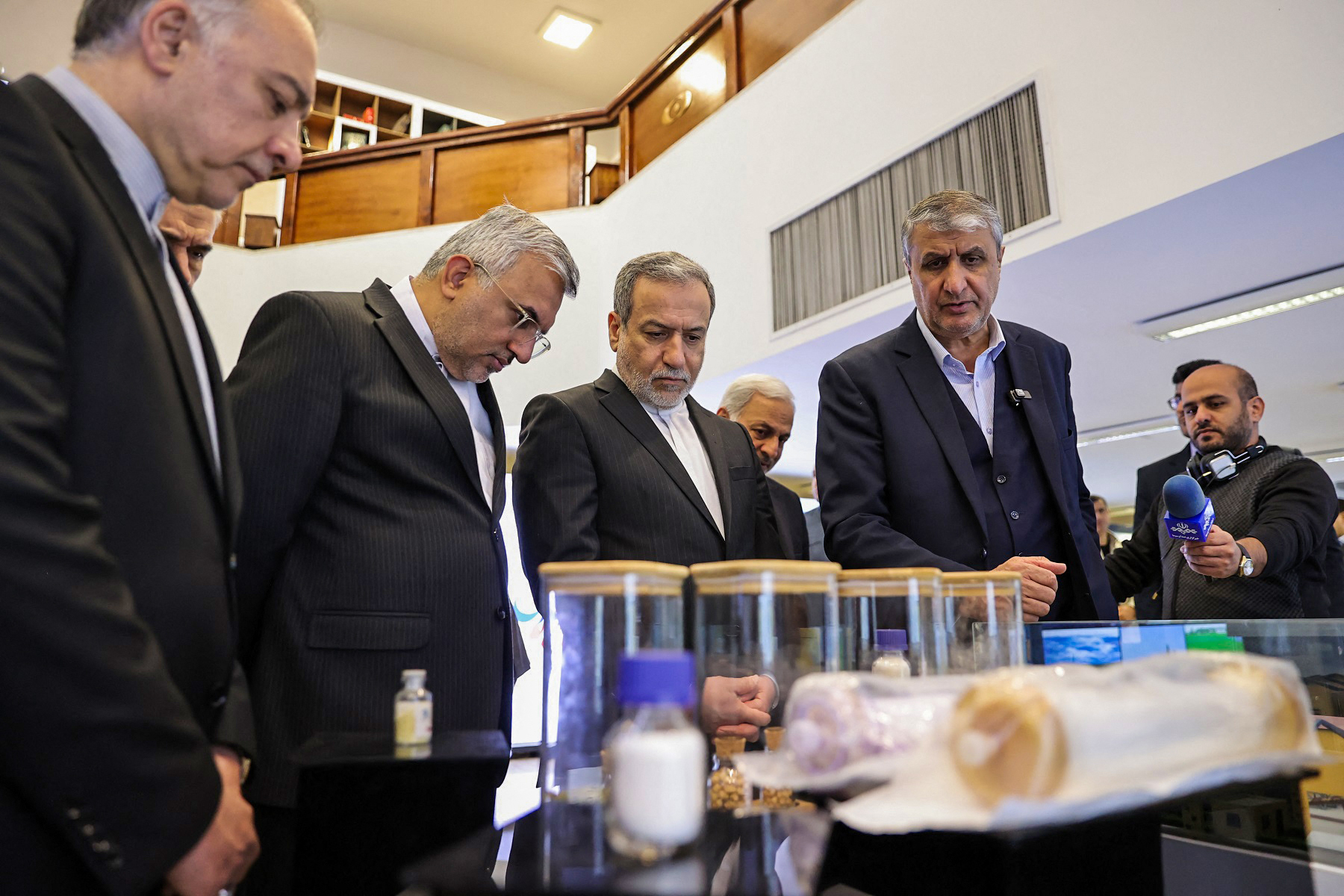Tehran, Iran – Iran’s Foreign Minister Abbas Araghchi said that the UN’s nuclear watchdog would not be given access to Iranian nuclear sites attacked during its recent war with Israel without a concrete deal being agreed.
The interview with the Khabar Online news agency was conducted before the International Atomic Energy Agency adopted a resolution Thursday demanding access to the sites.
In mid-June, Israel launched an unprecedented bombing campaign against Iran, triggering a 12-day war that the United States briefly joined with strikes on key Iranian nuclear facilities.
In the aftermath, Tehran suspended its cooperation with the IAEA and restricted the watchdog’s inspectors from accessing the bombed sites, accusing it of bias and failing to condemn the strikes.
“The fact that they came and attacked and left… and now the agency comes to prepare a report for them on where (was attacked) and what happened and how much damage was done is not possible, it is clearly not wise,” he added.
In September, Iran and the IAEA agreed on a new cooperation framework, but weeks later Tehran deemed it invalid after Britain, France and Germany triggered the return of UN sanctions that had been lifted under a now-defunct 2015 nuclear deal.
The war derailed high-level nuclear talks between Tehran and Washington that had begun in April, during which the two sides were at odds over Iran’s right to enrich uranium, which Tehran defends as “undeniable”.
Since the war, Iran has repeatedly said it is open to restarting talks, but only if they take place on “equal footing”.
During the interview, Araghchi said the US demands remain “detrimental to our national interests”, ruling out any talks on its missile programme or other “defense capabilities”.
“Negotiating about missiles, for example, to reduce them, to reduce their range, to reduce their number, there is no greater betrayal than this,” he said.
He added talks with European governments were “no longer useful” after they triggered the snapback sanctions.








